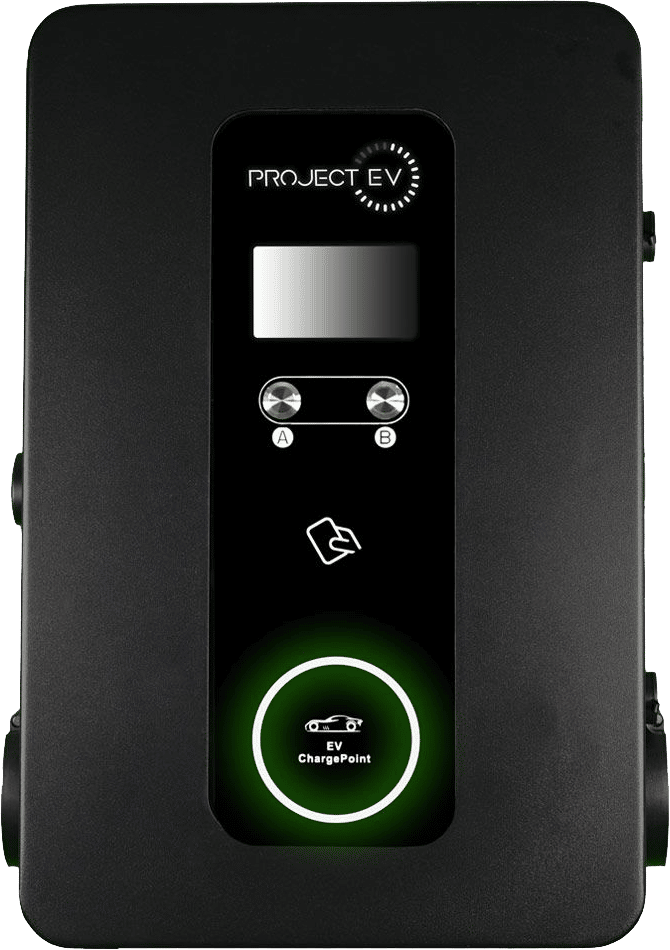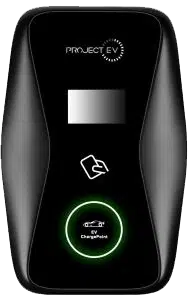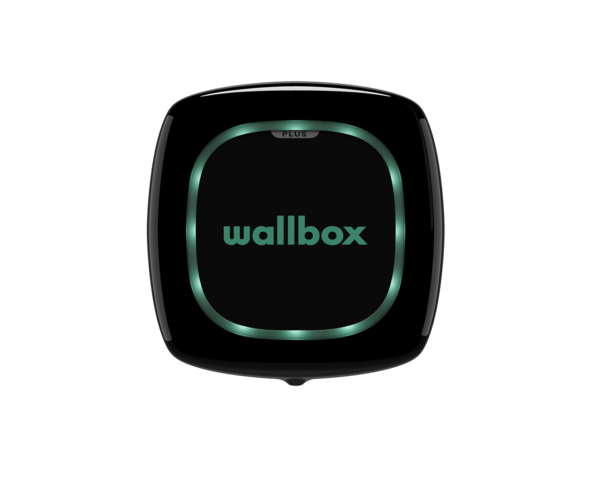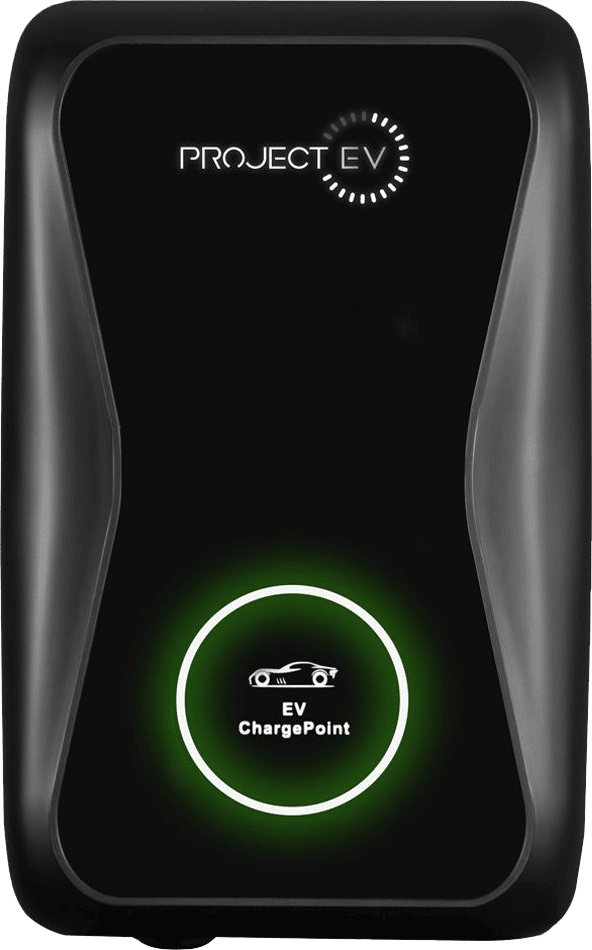Let’s Get Started
If you would like to speak to a friendly and helpful member of our team, ask questions, discuss your EV charger options or would like help with anything related all you have to do is call us on the number below.

March 2022 saw the end of the government’s grant scheme for electric vehicle charging points installed by homeowners. Having dropped from £500.00 per installation the previous year to £350.00 prices were already £150.00 higher than people had paid previously.
Predictably, with the loss of the £350.00 grant, prices for EV chargers jumped. Where before they had hovered around £700.00 – £800.00 for standard installations they leapt up to £1000.00 – £1100.00.
For many new EV owners, this came as quite a shock. Having bought their shiny new EV they were faced with a hefty bill to charge it at home.
Why are home EV chargers so expensive?
Without understanding all the elements of a home EV charger installation it is easy to assume that installers and manufacturers are profiteering. Little could be further from the truth and, indeed, many installers have now exited the EV charger sector due to its many challenges.
We’ve already covered a lot of this HERE and so if you’d like to read a little more detail about this then please follow our link.
However, in summary, chargers cost around £500.00 – £700.00. This just the unit itself. Each one needs heavy duty cabling (as it carries up to a third of the total amount of power to your home), surge protection equipment, correct fitting to your ‘fuse box’ and software to enable charging to be managed.
And then you need a qualified electrician to install it and provide an electrical certificate to prove it is safely installed. And then add VAT at 20% (VAT on £1000.00 is £200.00!).
Still think they are expensive?
Ok, but will they get cheaper?
It is possible but highly unlikely (sorry!).
Higher numbers of EV owners does, indeed, mean higher numbers of EV chargers will be manufactured. And, generally in business, the more items you produce, the cheaper each item gets. But, whilst this may apply to cans of baked beans, complex electrical/electronic equipment used in outside environments and assembled by hand is a different story.
Whilst it is possible that chargers will indeed reduce in unit cost, the relatively slow uptake of EVs (despite what the media reports!) means that as the demand for chargers increases so will the cost of the parts needed for an EV charger. Any savings made in higher production numbers will/may be negated by the general rise in production costs.
How much will they go up in future?
In the next 1-2 years it is unlikely that EV chargers will rise in cost beyond the general rate of inflation but, as with almost everything we buy, it is prudent to expect EV chargers prices to rise rather than fall. If you’re considering an EV now, then the sooner you can install your EV charger the sooner you can avoid future price rises.
If you would like to speak to a friendly and helpful member of our team, ask questions, discuss your EV charger options or would like help with anything related all you have to do is call us on the number below.


 Twin charging sockets
Twin charging sockets Leading management software
Leading management software No-App payment system
No-App payment system Contactless Activation
Contactless Activation For all EV/Hybrid cars
For all EV/Hybrid cars Attractive design
Attractive design £350 Grant Approved
£350 Grant Approved
 Ultra Fast AC Charging
Ultra Fast AC Charging Leading management software
Leading management software One-touch payment
One-touch payment 11kW or 22kW
11kW or 22kW For all EV/Hybrid cars
For all EV/Hybrid cars Very latest design
Very latest design £350 Grant Approved
£350 Grant Approved
 Cool Scandinavian Design
Cool Scandinavian Design Intelligent and Smart
Intelligent and Smart For all EV/Hybrids cars
For all EV/Hybrids cars 7kw of power
7kw of power 3 year warranty
3 year warranty Black, Red or White
Black, Red or White
 Modern sophisticated design
Modern sophisticated design Twin socketed or tethered
Twin socketed or tethered RFID security access
RFID security access Full back office software
Full back office software Pay-as-you-charge options
Pay-as-you-charge options 7kW to 22kW options
7kW to 22kW options Load managed options
Load managed options
 Smallest Home Charger
Smallest Home Charger 7kW of charging power!
7kW of charging power! For all EV/hybrid cars
For all EV/hybrid cars App Controlled
App Controlled 3 Year Warranty
3 Year Warranty Made in the UK
Made in the UK
 With charging cable
With charging cable Stylish modern design
Stylish modern design Choice of Colours
Choice of Colours 7kW of power!
7kW of power! For all EV/hybrid cars
For all EV/hybrid cars 3 Year Warranty
3 Year Warranty
 Solar Compatible
Solar Compatible Tethered Option
Tethered Option 7kW of power
7kW of power For all EV/Hybrid cars
For all EV/Hybrid cars 3 year warranty
3 year warranty
 Latest Modern Design
Latest Modern Design 7kW of charging power
7kW of charging power For all EV/hybrid cars
For all EV/hybrid cars £350 Grant Approved
£350 Grant Approved Leading Management Software
Leading Management Software Contactless payment option
Contactless payment option